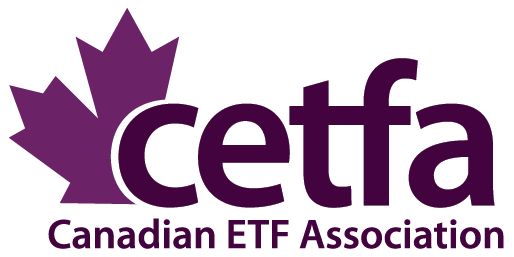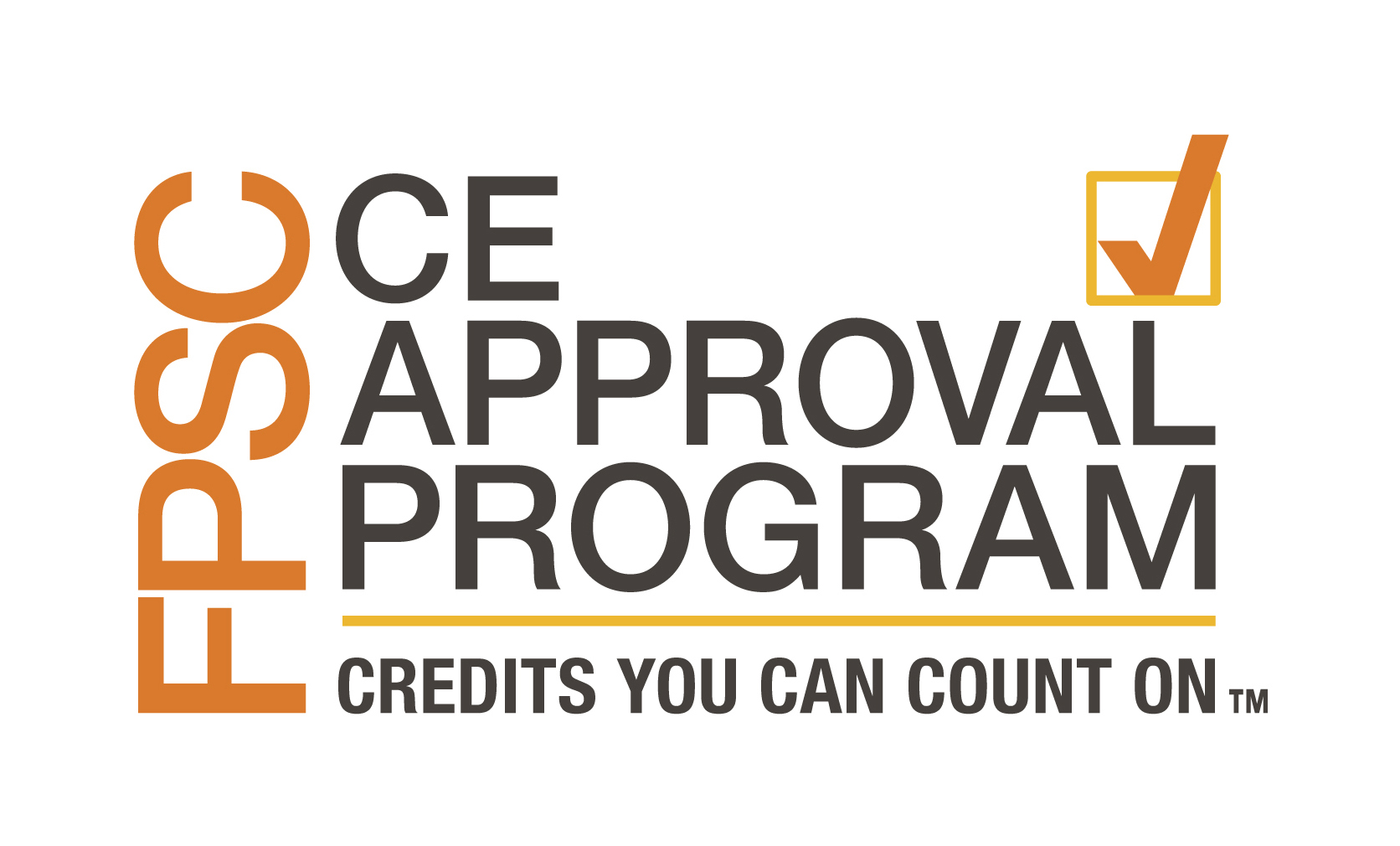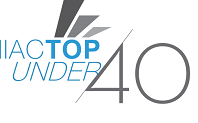Continuing education in Canada’s financial services sector is always a great challenge. There is a large gap when it comes to gaining working knowledge of key aspects of the industry’s operations. The fine points of trading, data management, brokerage operations and clearing & settlement are becoming lost arts … leading to huge knowledge gaps that threaten to put Canada behind other world markets. The scariest part is that these are the functions that keep Bay Street online and interacting with other global money centers.
The majority of the media attention around this industry focuses on two things: traders and brokers. Why, you might ask? Because of their big banks and big bonuses and because of the high profile scandals. But what about some better educational resources for the professionals who are building and running the systems that these men and women rely on?
Education is a function of dedication and commitment and should be addressed by professionals who understand the nuances of pedagogical theory and practice and can bring this approach to the personnel serving in these operations centers.
Knowledge transfer for the operations, back office and IT sector is so vital that it must be passed on by expert industry leaders who have logged years in this arena and not by educators or industry bystanders who haven’t spent significant time working at different points in the investment cycle. It’s a mystery and a mistake that these crucial individuals are constantly relegated to ‘one off’ training sessions instead of being given a dedicated institution that provides a knowledge center and focused approach to their needs. They need to be taught by people who understand the industry they serve and have helped to build and shape it.
Take the TSX, for example. The TSX just announced that it has submitted regulatory filings to set up an alternative trading system. Called TMX Select, it will offer an alternative venue to the main TSX and will target specific traders who use certain strategies and introduce some distinctive options in terms of pricing and functionality. As new liquidity venues continue to crop up in Canada’s already complex marketplace, the need for operation, back office and IT professionals who understand market data and the complexities of programming for multiple asset classes and data sets will increase ten-fold.
Then there's major back end reconciliation challenges like multi-ticket clearing charges when people trade on more than one liquidity venue still plague the financial industry. These are not skills that can be taught comprehensively in a one-day training seminar.
And on the ominous regulatory front, many new mandates are coming down the pipe such as Basel III, Canada’s Order Protection rule and restrictions on short selling that will carry with them all kinds of new compliance requirements. Who is going to make sure that our financial systems can satisfy these requirements and foster compliance in a landscape where different order types and new ways to trade crop up on a regular basis?
If there aren’t back office folks with current skills and a knowledge base to keep up with the regulatory changes and anticipate the effects that are going to fall like dominos throughout the entire trade cycle, what’s stopping Canada from suffering a crash like May 6 in the U.S. or worse?
The U.S. crash was partially attributed to the rise in complexity of financial assets and new market regulations. Canada fared much better because the regulatory environment governing the industry is both stringent and conservative. Also, the mature back office professionals that are being retired due to attrition, buyouts, mergers and business changes, have in-depth knowledge about market trends and market cycles and would question trading and operations circumstances to avoid major disruptions. So, why do we have no programs set up to give them the education they need to keep our financial markets afloat and working well?
By penalizing the folks who are keeping Canada’s financial firms healthy and working on a day-to-day basis, we jeopardize our ability to remain a viable global player. Our industry and country as a whole needs to put benchmarks in place so a greater level of expectation can be achieved. This is the only way to ensure that as our financial markets become increasingly complex, we have the properly educated technical and operational/administrative experts we need not only to keep the systems going but to keep the business operations running smoothly as well.
Laurie Clark, President and CEO, Smarten Up Institute






Follow SUI